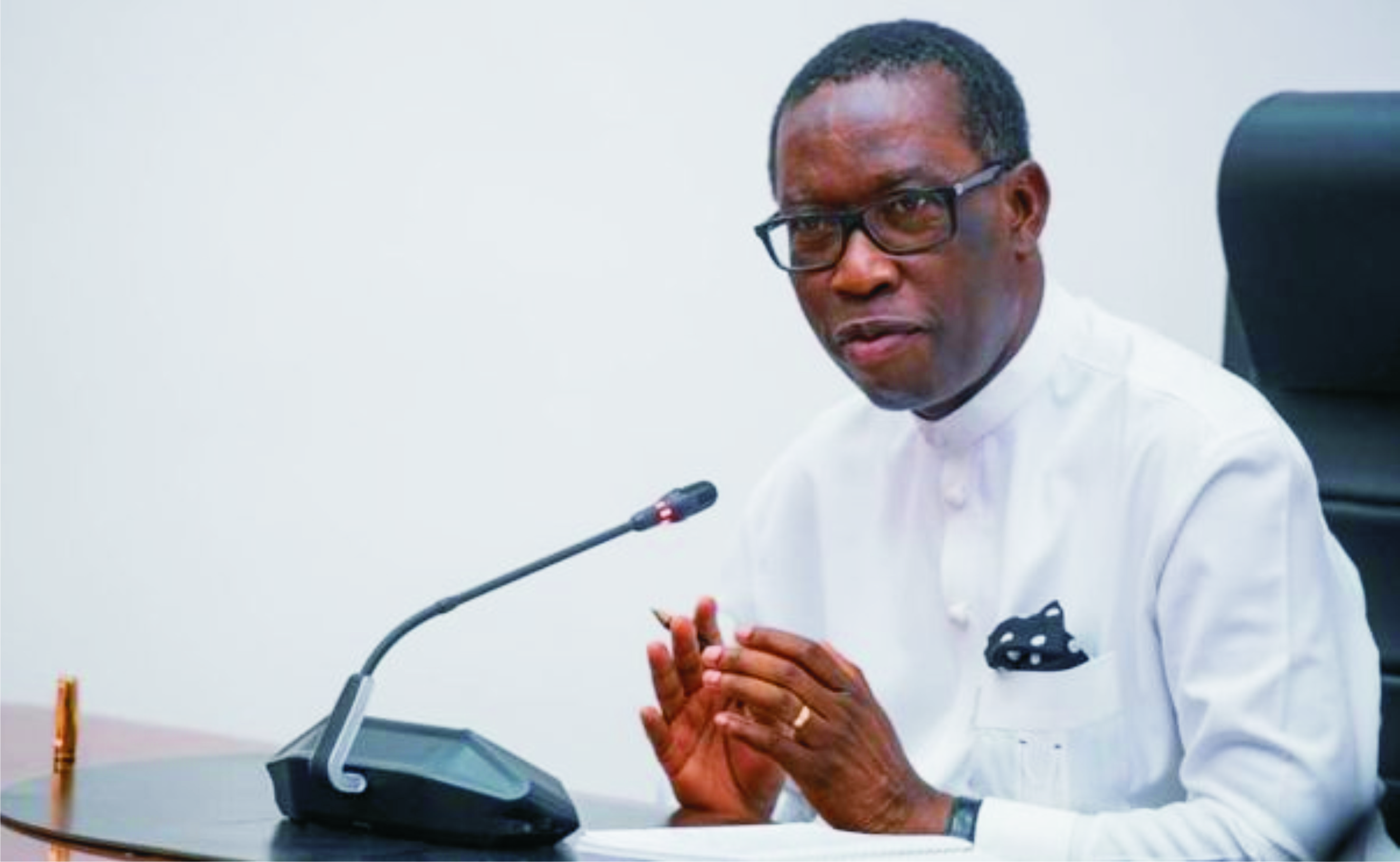Niger Delta
Delta To Build Film Village, Pleasure Park

Governor Ifeanyi Okowa of Delta State, says the state government would build a pleasure park and a film village to enhance recreation and promote tourism in the state.
Okowa, who disclosed this during his quarterly interaction with the media in Asaba, said that that cost of the project would be built into the state’s 2020 budget.
The governor said that the park and film village would be built in Asaba-Ugbolu axis.
He said that since the state had gradually become a destination for film makers, there was need to encourage the practitioners by building the needed infrastructure.
He noted that the state government would be operating a lean budget in 2020 which would be presented to the State House of Assembly by first week of November.
“The 2020 budget is going to be contracted because the available indices have revealed that revenue accruing to the country is dwindling with reduced oil productions,’’ he said.
The governor said government would consolidate on and complete all ongoing projects in the state.
He said that government would complete the Agro-Industrial Park in Aboh-Ogwashi next year to create jobs and increase investment opportunities in the sector.
On Federal Government roads in the state, he promised to continue to repair the failed portions so as to ease the sufferings of commuters in the state.
It will be recalled that the federal government said that it would not refund state governments for such interventions on its roads.
Okowa however said the deplorable condition of the roads had become a source of worry to the road users and the repair had become necessary to alleviate the suffering of the people.
“We are doing this not because we have all the money, but to make life easy for our people particularly now that Christmas is at hand.
“For the Warri-Sapele road, the aim is to sustain the business environment”.
Okowa pledged support for the planned reintroduction of toll gates on federal highways but advised that the revenue to be realised should be destrictly deployed to road maintenance.
“I believe it is necessary for the federal government to provide tolls on major roads. It should be handled by private concessioner who will be capable to maintain the highways.
“The tolling must be tied to road maintenance, “Okowa said.
The source reports that the DPR on Wednesday, with a team of its officials, led by Mr Ibinabo Jack, Head of Operations in the state field office, paid unscheduled visit to some retail petrol outlets.
Niger Delta
NPC Unveils Digital Registration System In Delta

Niger Delta
Police Uncover Suspects’ Armoury … Recover Weapons In Delta

Niger Delta
Police Caution On Lawless Protests On Court Matters In A’Ibom

-
Maritime4 days ago
Nigeria To Pilot Regional Fishing Vessels Register In Gulf Of Guinea —Oyetola
-

 Sports4 days ago
Sports4 days agoGombe-Gara Rejects Chelle $130,000 monthly salary
-
Maritime4 days ago
Customs Declares War Against Narcotics Baron At Idiroko Border
-

 Sports4 days ago
Sports4 days agoTEAM RIVERS SET TO WIN 4×400 ” MORROW” …Wins Triple jump Silver
-
Maritime4 days ago
NIMASA,NAF Boost Unmanned Aerial Surveillance For Maritime Security
-

 Sports4 days ago
Sports4 days agoNPFL Drops To 91st In Global League Rankings
-

 Sports4 days ago
Sports4 days agoNIGER DELTA GAMES PANACEA TO YOUTH DEV”
-

 Sports4 days ago
Sports4 days agoNPFL Impose Fines On Kwara United Over Fans Misconduct

